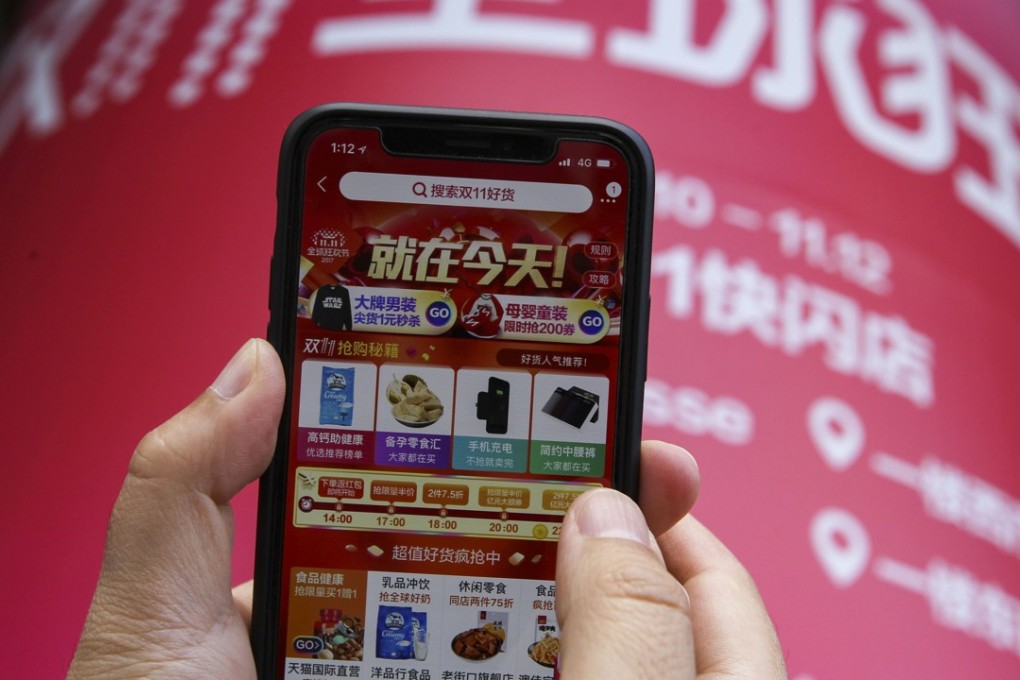China’s largest e-commerce firm Alibaba says it has achieved ‘significant results’ in fighting fakes

Alibaba Group Holding, often accused of being a conduit for counterfeiters, said it has achieved “significant results” in its anti-counterfeiting efforts, including 24-hour takedowns of fake goods listings.
According to Alibaba’s 2017 annual report on intellectual property (IP) rights protection, the e-commerce giant proactively removed 27 times more listings compared to takedown requests submitted by brands. Some 97 per cent of takedowns were also processed before a single sale had taken place, the company said.
A total of 240,000 Taobao stores that sold fake goods were also closed during the year, it said. Alibaba is the parent company of the South China Morning Post.
Alibaba also pursued 12 cases in Chinese courts against counterfeiters, the company said. The company also delivered more than 1900 leads to law enforcement that resulted in the closure of 1,328 facilities and 1,606 suspects involved in counterfeiting products. The cases involved 4.3 billion yuan (US$673 billion) in fake goods, according to the company.
Alibaba, which operates Chinese e-commerce platforms Taobao and Tmall, has long grappled with the issue of merchants selling counterfeit products on its platforms. Critics have lambasted the company for being lax with intellectual property protection and accused it of not doing enough in battling piracy and counterfeiting.